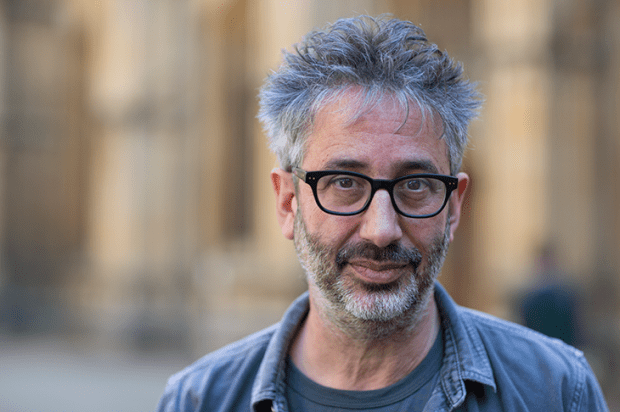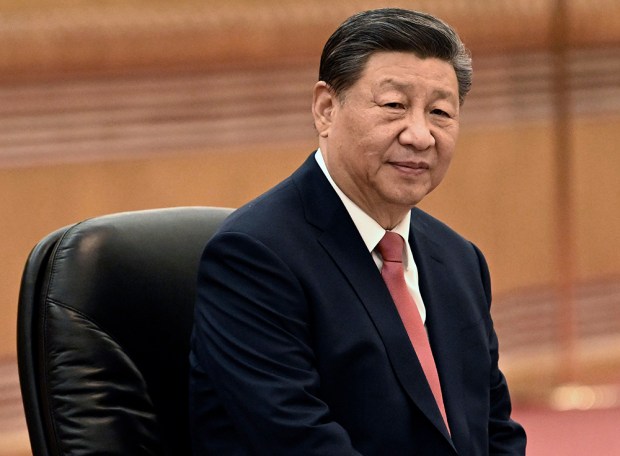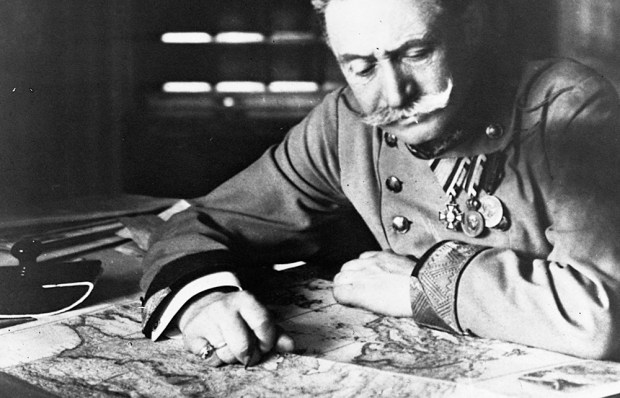Israelophobia addresses an anti-Semitic mutation ‘evolving out of reach’: the demonisation of the Jewish state. Its author, Jake Wallis Simons, is the editor of the Jewish Chronicle. His antennae are primed for anti-Semitism and he finds plenty of it. In France, 60 per cent of religious abuse is directed at Jews and in Germany anti-Semitic incidents have doubled in a decade. In his telling, Israelophobia – Leon Pinsker’s Judeophobia transformed – is the descendant of the deicide myth, the blood libel and the Shoah.
You can hear it in the quality and narrowness of the discourse, he notes. Liberal Zionism is considered no less murderous by anti-Zionists than Greater Israelism. The desire to remove Israel from the map is not a political position, and political solutions are not desired: no Israelophobe wants to hear about the 1947 Partition Plan, which granted Palestine a state, or the exiled Jews of Arab lands (as in Europe, there are many empty Jewish quarters) or the fact that 50 per cent of Israeli Jews are non-white and cannot be accurately called European colonists. It is, as Jean-Paul Sartre said, a passion: another religion rooted in the soil of Israel-Palestine, with its own liturgy and practice. Israel has a gift for them.
This is a conflict filled with lies and a will to extremism: there is as little space in the discourse for moderate Palestinians as there is for moderate Israelis. Wallis Simons, who considers Palestinian national aspirations ‘a respectable cause’, notes the endless elusions, fallacies and sleights-of-hand, some important, some absurd. Israelis are defamed for ‘co-opting’ Arab food (petty and wrong); an article in Time magazine doubts the Jewish character of the Western Wall (just wrong); Israeli spy cows exist (what do you think?); Israel is called an apartheid state, despite the existence of Israeli-Arab judges and lawmakers. It is, rather, an enduring and bitter occupation, but accuracy does not serve the passion like an Israeli spy dolphin does. (MailOnline said Hamas ‘captured the hostile aquatic operative while at sea’.)
The book’s most interesting passages are on the Russian roots of anti-Zionism – a strategy to undermine America – and on the Nazism of Amin al-Husseini, the Grand Mufti of Jerusalem. He was on the Nazi payroll, took 900 marks a month and considered Arab and German goals to be ‘completely overlapping’ in ‘this struggle against world Jewry’. He was promised that once the British were out of Palestine, Adolf Eichmann would extend the Final Solution there, which I suppose is a kind of colonialism. When Hitler fell, al-Husseini said the Arabs ‘would continue fighting until the Zionists were annihilated and the whole of Palestine became a purely Arab state’.
Hassan al-Banna, the founder of the Muslim Brotherhood, was another fanatical admirer of Hitler, and Hitlerism flourished onwards to the Hamas Charter of 1988, which quotes The Protocols of the Elders of Zion and could have been written by Julius Streicher if they hadn’t hanged him at Nuremberg.
Wallis Simons writes of 1947:
Behind closed doors, Abdullah I, Emir of Jordan, the Egyptian prime minister Ismail Sidky, the Iraqi prime minister Muzahim al-Pachachi, and even Abd al-Rahman Azzam, the secretary-general of the Arab League, expressed concerns about rejecting the UN plan.
But, he adds, the spirit of pan-Arab nationalism persuaded them to take the Palestinian cause as a totem. And here we are: the Palestinian president Mahmoud Abbas’s PhD thesis claims Zionists collaborated with Nazis, and in 2016 Imad Homato, a Palestinian professor, said: ‘If a fish in the sea fights with another fish, I am sure the Jews are behind it.’
Though this is fascinating, I have complaints. Wallis Simons’s point that crimes in Myanmar and Syria are ignored compared with those in Israel, is true but misleading. Israel is not a tyranny and should not be judged like one. I would also like to read about the impact of demonisation on Israel itself: on its ebbing democracy and growing brutality and despair. Wallis Simon quotes the Odessa-born early Zionist Ze’ev Jabotinsky: ‘Who are we to make excuses to them; who are they to interrogate us? What is the purpose of this mock trial over the entire people where the sentence is known in advance?’
At heart, this is not a book about the Middle East. It is one about Europe’s inability to process the Shoah. Howard Jacobson, who is also quoted (‘And to those who will not weep, who would rather march, protest and boycott, I say: You are among those who wanted to see the dream blighted in the first place’), believes that demonisation of Israel is essential because it offers retrospective absolution for the Shoah, and that this is an unconscious and necessary process. Some things are not easily digested, though that brings little comfort to anyone.
Got something to add? Join the discussion and comment below.
Get 10 issues for just $10
Subscribe to The Spectator Australia today for the next 10 magazine issues, plus full online access, for just $10.
You might disagree with half of it, but you’ll enjoy reading all of it. Try your first month for free, then just $2 a week for the remainder of your first year.















Comments
Don't miss out
Join the conversation with other Spectator Australia readers. Subscribe to leave a comment.
SUBSCRIBEAlready a subscriber? Log in